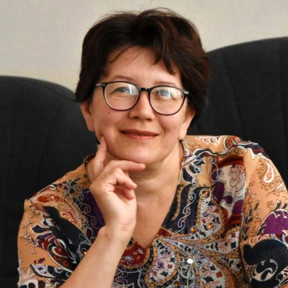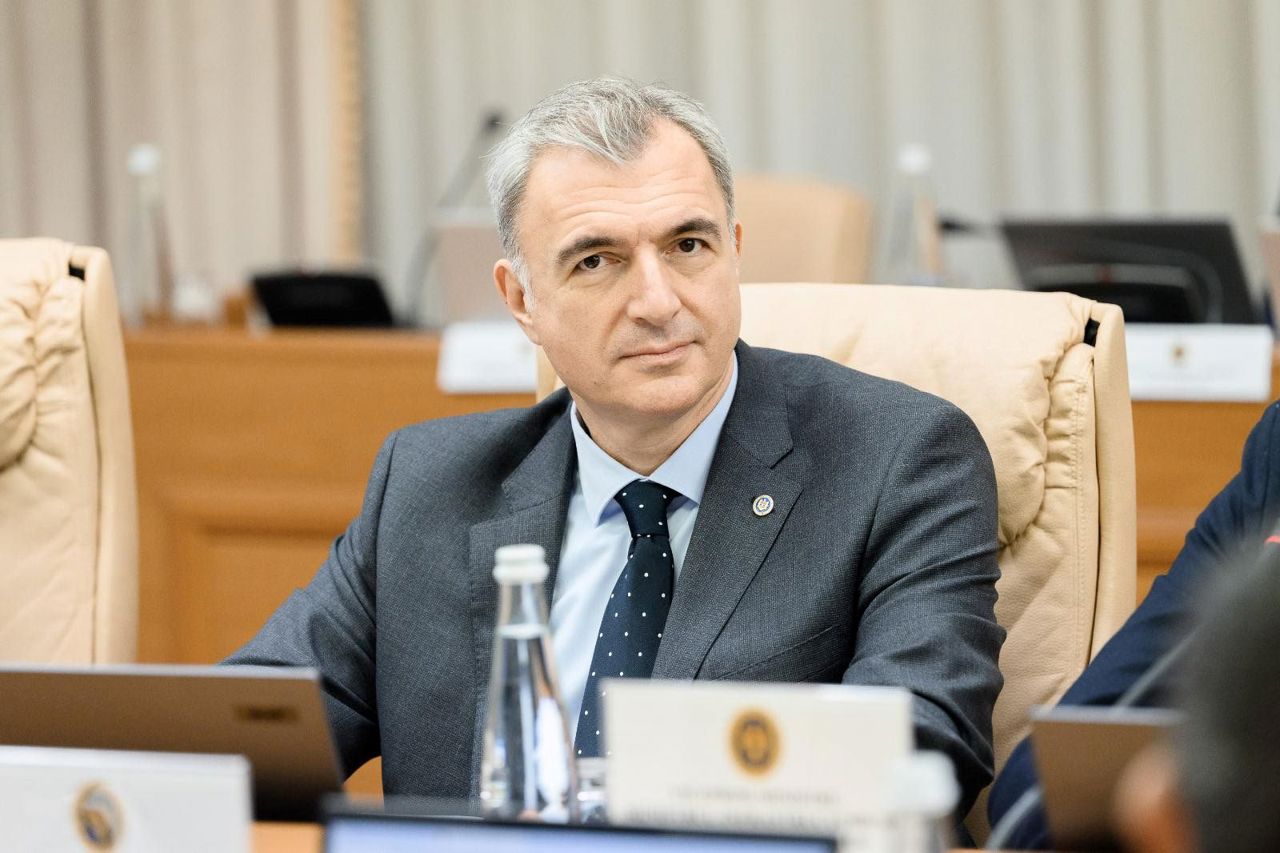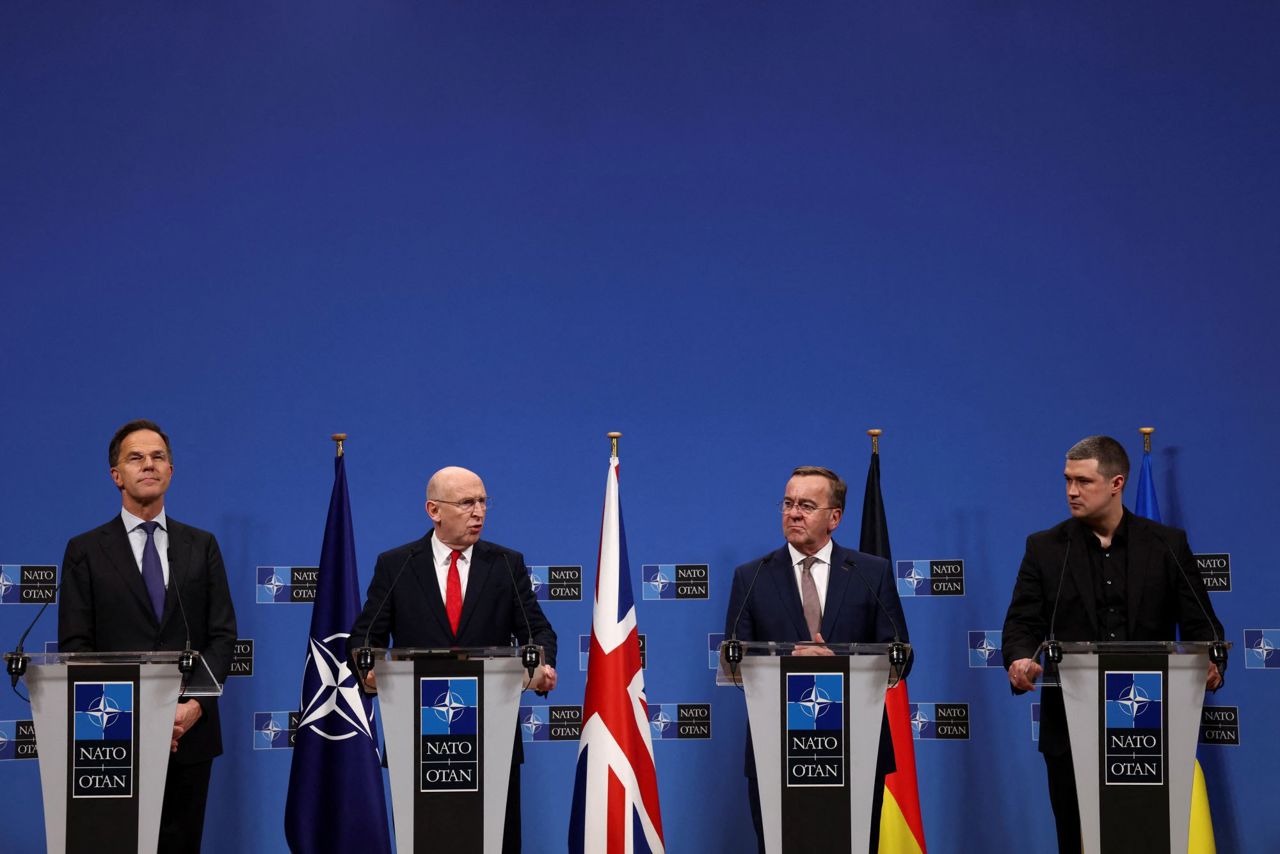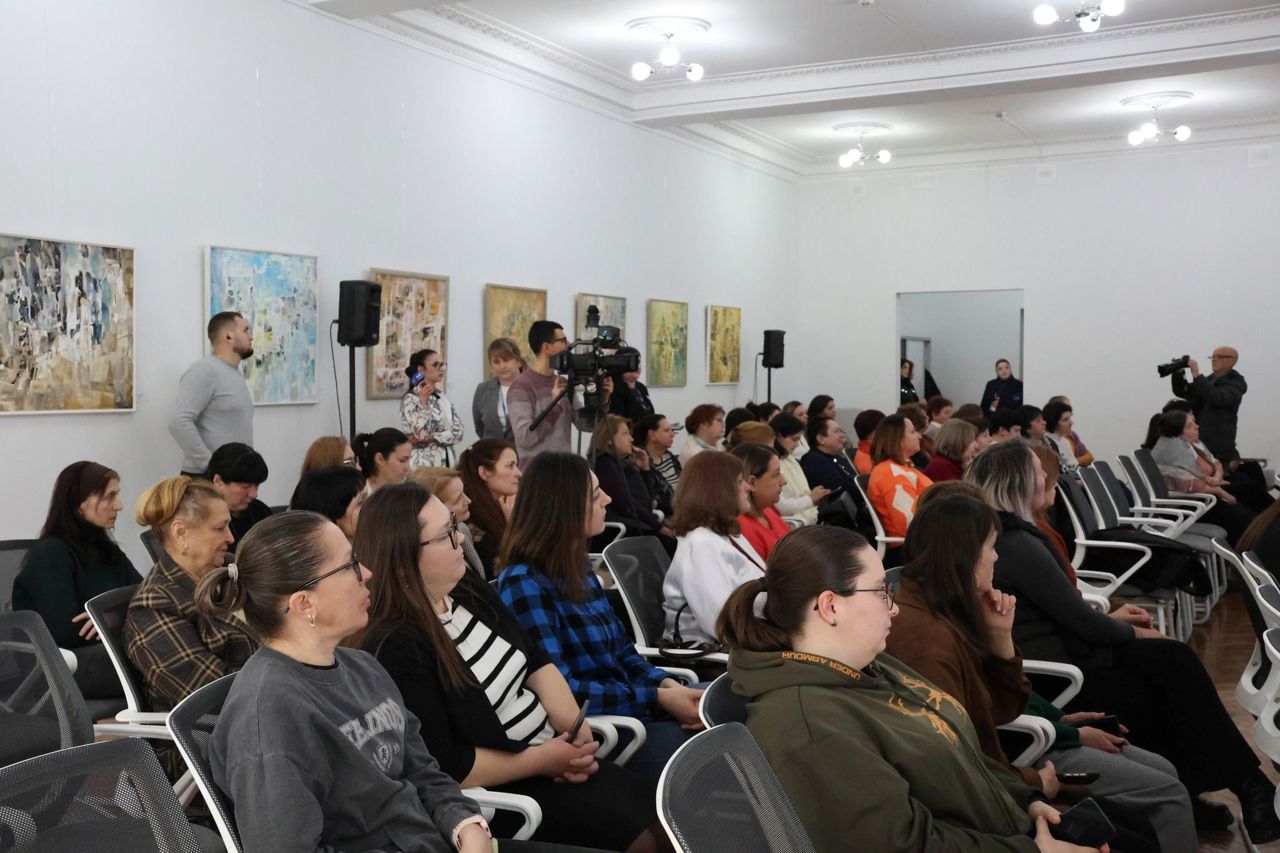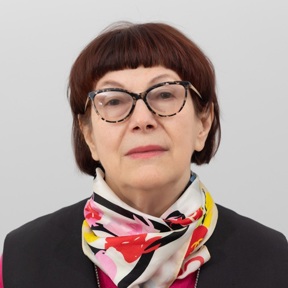Moldova/’s EU referendum faces tight results and Russian interference
Moldovans resisted the tremendous pressures from Moscow and managed to steer their country toward the right side of history, claim Romania's Prime Minister, Marcel Ciolacu.
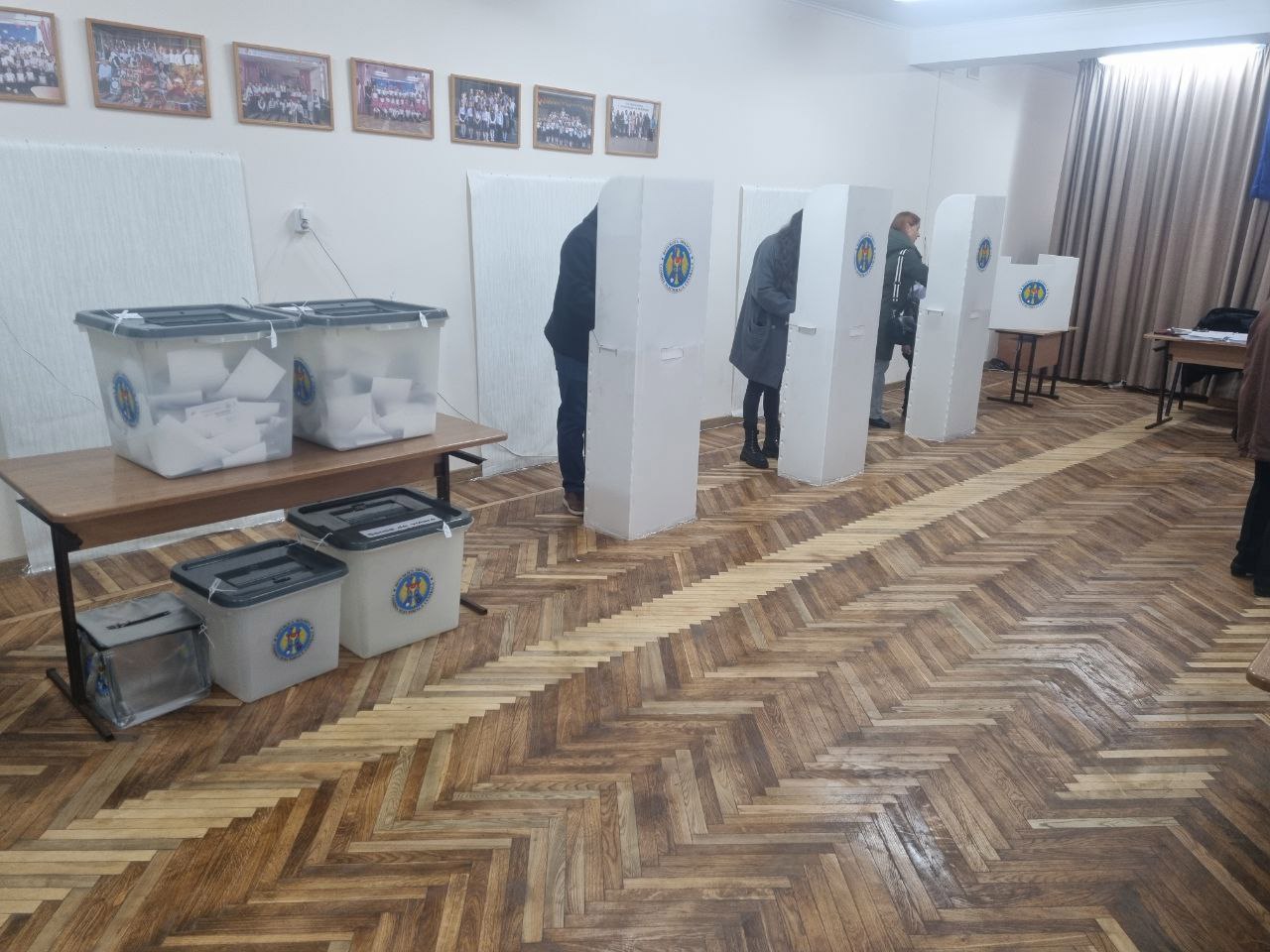
“The razor-thin result of the referendum on integration into the European Union is proof that we must intensify our efforts to convince citizens in the provinces and rural areas, where Russia’s propaganda is more effective, that the future of the Republic of Moldova lies in the West,” Ciolacu wrote on Facebook.
In a separate statement, Poland’s Prime Minister, Donald Tusk, praised Maia Sandu for once again safeguarding her country. “She enrages Moscow, impresses Europe, and once again saves her country – that’s Maia Sandu. A great leader and a courageous figure!” Tusk wrote on platform X.
Infuriate Moscow, impress Europe, save her country once again - that’s who Maia Sandu is. A great leader and a brave nation.
— Donald Tusk (@donaldtusk) October 21, 2024
The referendum in the Republic of Moldova on joining the European Union, along with the first round of the presidential election, occurred under conditions of “unprecedented interference” from Russia and its intermediaries, according to a spokesperson for the European Commission, cited by Reuters and AFP on Monday.
“The vote took place in a context of unprecedented interference and intimidation from Russia and its intermediaries, aimed at destabilising the democratic process in the Republic of Moldova,” said Peter Stano, spokesperson for the EU’s chief diplomat, Josep Borrell, during a daily press briefing.
Moscow's response was swift. Kremlin spokesperson Dmitry Peskov stated that the elections in the Republic of Moldova were not free and that the results reflect a "hard-to-explain" increase in votes for President Maia Sandu and the European Union.
Peskov described the electoral campaign in Moldova as “unfree,” claiming that the opposition was deprived of the opportunity to campaign and subjected to repression by the authorities.
“They were persecuted, imprisoned, interrogated, denied entry into the country, media outlets were shut down, and internet resources were blocked,” Peskov said.
In the early hours of Monday, Maia Sandu addressed the citizens of the Republic of Moldova, stating that there is "clear evidence" of criminal groups, in collaboration with "forces hostile to our national interests," attempting to buy 300,000 votes.
“If she claims that certain criminal groups prevented her from receiving votes, she must provide evidence,” Peskov added.
It is worth noting that, according to preliminary data from the Central Electoral Commission (CEC), after processing 99.55% of the ballots, the proportion of those who voted YES in the referendum stands at 50.43%.
Translation by Iurie Tataru
